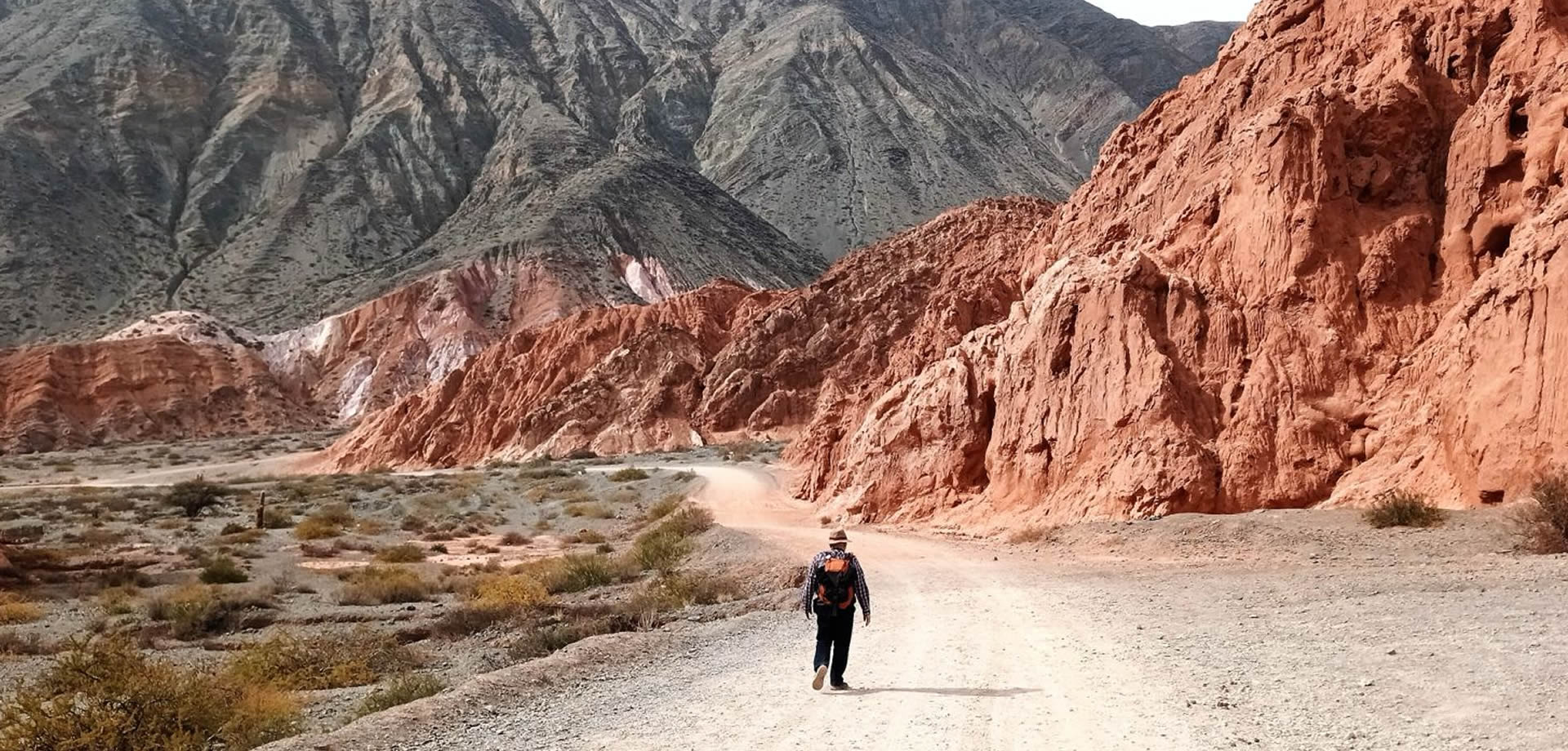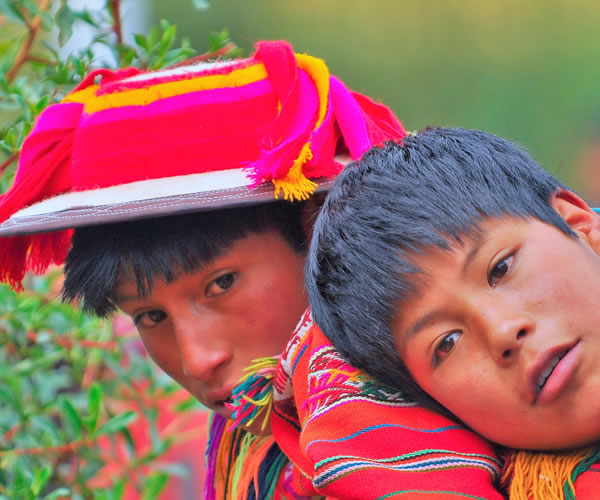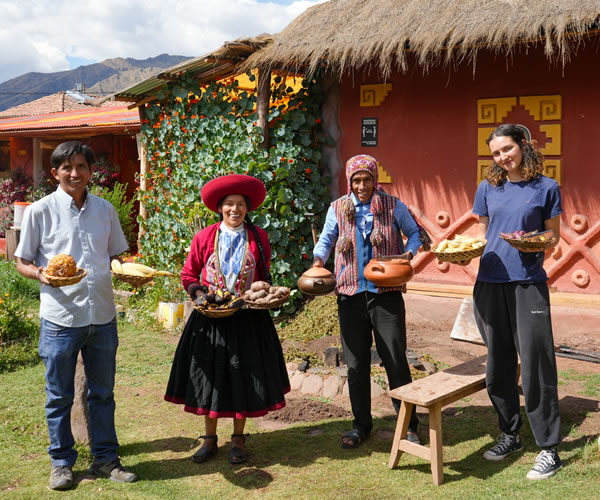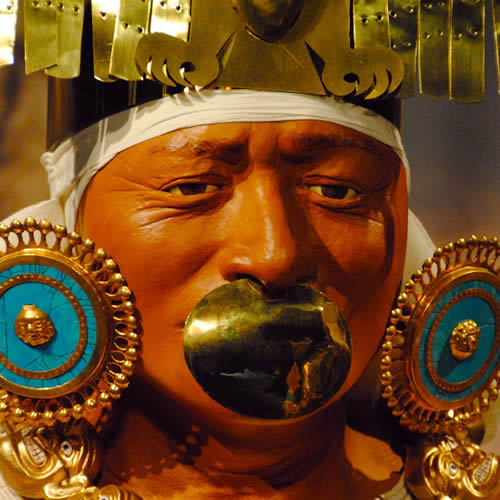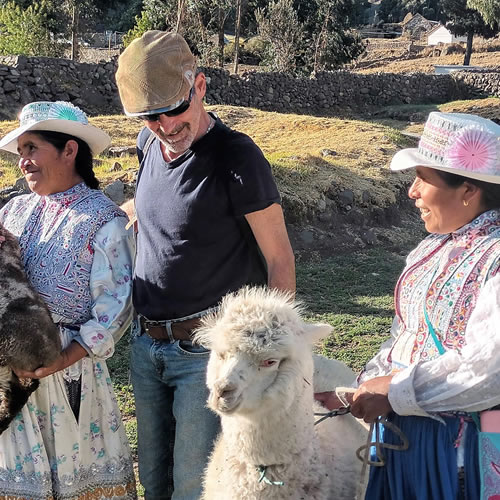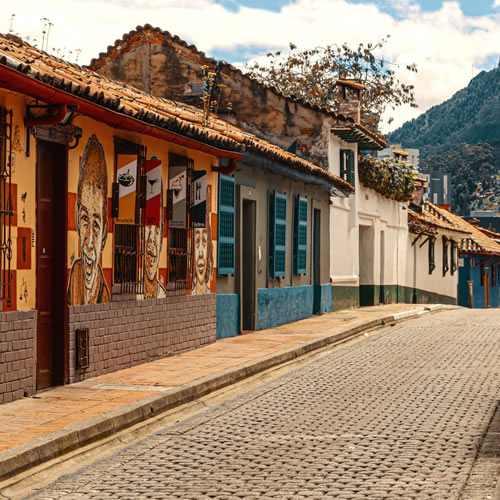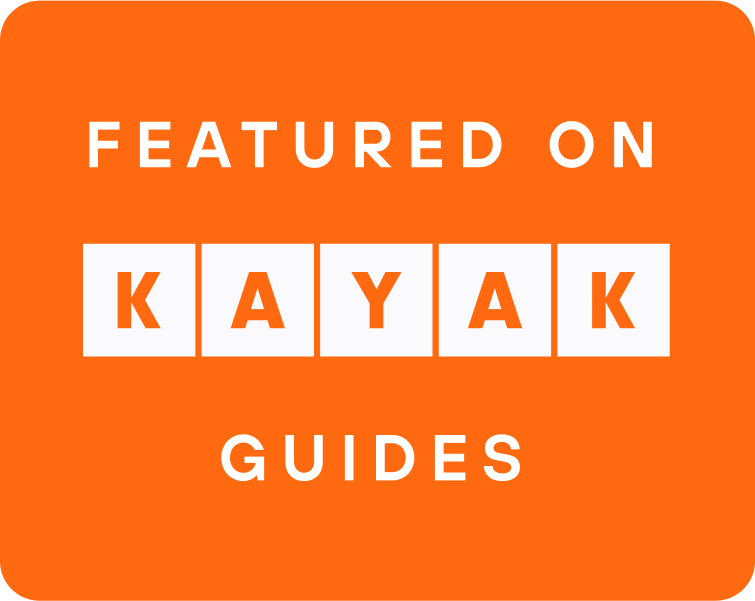
Argentina – Land of Colors and Waterfalls

A beautiful circuit that takes us to the most impressive geological formations of the continent. The colors are abundant, the towns with ancestral cultural traditions, the glamour of Buenos Aires and the Iguazu Falls, one of the natural wonders of the world.
ITINERARY
Duration: 14 days
An assistant from Intercultural Tours will meet you at the airport to take you to your hotel in downtown Buenos Aires.
Day dedicated to the great city of Buenos Aires, we start with the Plaza de Mayo and the Casa Rosada. Then we head to Puerto Madero on the banks of the Rio de La Plata, where we can enjoy seafood or have our first Argentinean steak experience. Then we continue on foot to the bohemian neighborhood of San Telmo, home to artists and Tango dancers. In the evening we offer a Tango evening at the Café Tortoni, renowned for its bohemian history and the great characters that have visited it. At the place we will have lunch and a Tango show with a closing show with boleadoras, unique in the city.
Flight to Jujuy. Then, we undertake a beautiful journey through the Quebrada de Humahuaca. This long valley carved by the Rio Grande was declared a World Heritage Site by Unesco. For more than 10,000 years it has been the route for the movement of people and goods from the Andean highlands to the plains, and is part of the famous and mythical Inca Trail. Next, we will visit the Pucara de Tilcara, a pre-Hispanic fortress more than 900 years old.
We will then drive to Hornocal, a splendid mountain range located 25 kilometers from the city of Humahuaca. The formation is mainly composed of rocks of a calcareous geological unit of the Upper Cretaceous. The sight of the place is indescribable, the colors abound and the sensation of seeing something unique is permanent.
Its characteristic shape is the result of a shearing effect, consisting of the angular erosion of a set of parallel layers, which produces a visual effect similar to that of folding. It is like seeing several colorful mountains grouped together in one place Return to Humahuaca for the night.
Leaving Humahuaca, we visit picturesque villages such as Yala, Volcan and Purmamarca, where we find the majestic Cerro de los 7 Colores. We will hike around this beautiful mountain on the so-called Paseo de los Colorados. Once again the multiple colors of the earth and the hills overflow the imagination. In the afternoon we will go up to the incredible Cuesta de Lipán for a panoramic view of the mountain range. Then, we arrive at the Salinas Grandes which is a large salt plateau of volcanic origin. We will be able to go into the middle of the formation with a local worker, who will explain to us the different processes of salt recovery for its commercialization. On the way back, we will have some time to enjoy the picturesque streets of Purmamarca.
Travel to Salta. Afternoon city tour. Our first stop is the Museum of High Mountain Archaeology, which exhibits collections related to the archaeological heritage associated with the ceremonies held in the high peaks of the Andes. Next we will visit the Cathedral of Salta. Decorated in pastel shades of pink and yellow, it is one of the most outstanding monuments of the historic center. We will also visit the Cabildo of Salta. This colonial building of white arcades was for centuries the seat of the local authorities. Today it is the best preserved cabildo in Argentina, which makes it a unique construction. A five-minute walk will take you to the convent of San Francisco, which has reddish tones on its facade that immediately catch your attention. You will also be amazed by its imposing tower, the tallest bell tower in South America at 54 meters high. Next, we will go up the San Bernardo hill by cable car. From the top of the hill, there is a great panoramic view of the city.
We start our trip through the Quebrada d’Escoipe, which is a beautiful formation in the middle of the mountain range. Then we continue a climb to the Obispo slope and its steep mountains. We will then pass through the enchanted valley and stop to observe the Piedra del Molino pass at 3600m to learn about the history of this abandoned lithic element in the middle of nowhere. Then, we will descend towards Los Cardones National Park (candelabra cactus). Finally we will arrive to Cachi. Place where we will spend the rest of the afternoon to enjoy a charming town with colonial vestiges. It highlights its church and its beautiful main square.
In the morning we continue along National Route 40 (Pan-American Highway) to the town of Seclantás, where the church and its colonial-era hacienda houses once again stand out. We continue to the town of Molinos, which dates back to 1659. Here we can enjoy a traditional lunch based on local meats and stews. We will take the time to walk through its small streets and church. After lunch we will leave in the direction of the “Quebrada de las Flechas”. A place of singular beauty. The rock formations make spearheads, which is where the name comes from. After crossing a series of traditional villages, we arrive at the small town of Cafayate.
Day dedicated to visit the archaeological site of Quilmes and the community of the same name. Quilmes is a civilization developed before the arrival of the Incas, with whom they made a development alliance to continue the expansion of the Empire. However, upon the arrival of the Spaniards, they fought fierce resistance to avoid being subdued. This caused them to be massacred and the survivors were taken to Buenos Aires. With time and the independence of the country, those who remained here began to rebuild their lives. Now there are some Quilmes who have maintained their traditions and are organized as a community. They manage the archaeological site. We will visit the Pachamama museum, then we will tour the site accompanied by a local guide and, at the end of the visit, we will go to the community to share their activities. We will settle in a family’s house, have dinner and spend the night with the locals. This is a privileged moment to learn about the customs and traditions of the native peoples of northern Argentina.
After sharing the last moments with the local Quilmes family, we will return to Cafayate to have a new experience with a local family adapted to wine production. The Calafate region is well known for its vineyards and high quality wine production. That is why we will make a stop at a rural farm managed by their own owners who will welcome us to have a closer experience. The first activity will be the preparation of the famous empanadas, which we will be able to taste for lunch with the local family. Then we will take a tour of the property to enjoy the viewpoints and also an explanation of the artisanal process of wine production of the house. The wine tasting is not to be missed. Dinner and overnight with an Argentine family.
We continue our journey through the Quebrada de las Conchas, declared a World Heritage Site by UNESCO. On the way a series of natural formations of singular beauty will force us to make multiple stops.
We will start with La Garganta del Diablo, a semicircular perforation in the mountain that was formed by the filtration of water over more than 90 million years. The place is like an unfinished sculpture.
A few meters away, we will stop at the so-called Amphitheater, which is a natural vault with walls over 20 meters high. The place produces a singular acoustics
Then we will stop at the viewpoint of Las Cruces to see the valley at its widest part. Finally we will stop at the Sapo, El Obelisco and Los Castillos formations. Each of these formations invites the visitor’s imagination to develop. Upon arrival in Salta we will take a flight to Buenos Aires.
Flight to Posadas. Then, departure to the Jesuit ruins of San Ignacio de Miní. During the visit, you will learn about the history of the Jesuit Roque González Santa Cruz, a religious man who founded a mission in the 17th century to evangelize the indigenous population. The sandstone remains are fascinating for the fine carvings on its walls, as well as for all the history that recalls difficult times both for the indigenous people of the place and for those who defended them during the evangelization. Then, we will continue our tour to the Wanda mines, 60 kilometers away. A unique place to observe the outcropping of semiprecious stones. These mines are an important source of quartz, amethysts, topaz and agates. These materials are used as raw material for the production of unique jewelry. Finally, you will be transferred to Puerto Iguazu for the night.
We move to the entrance of the Iguazu Park on the Argentine side. This natural area has been declared a World Heritage Site and contains one of the most beautiful natural wonders in the world. It is a conglomerate of waterfalls in the middle of the Amazon rainforest. It can be visited on foot, walking along balconies and viewpoints built to offer the most exceptional panoramic views. You can also approach some of the waterfalls, in particular the Garganta del Diablo (Devil’s Throat). The force of the water is of such magnitude and loudness that it is almost impossible to converse. We will have the whole day to tour the lower and upper parts of the park.
We will make a trip to the border, where we must do the customs formalities to be able to enter the Brazilian side. Then we will arrive at the entrance of the park, where we will take a bus that will take us to the beginning of the tour. The view of the falls is spectacular. Here we are in a kind of great theater in which hundreds of waterfalls extend from the highest part of the volcanic plateau. We will be able to descend to the most emblematic points and return by bus to the entrance. Then, we will visit the bird park, which gathers a large number of exotic birds of the Amazon. We will see red ibis, toucans, hummingbirds and birds of prey. In the afternoon, return to the Argentine side to take the flight back to Buenos Aires.
We will transfer to the train terminal in Buenos Aires to take one of the train cars that will take us to the beautiful neighborhood of Tigre. After a short walk to discover the neighborhood, we will board a small boat or a catamaran (depending on the number of participants) to take a tour through the lush Delta. We will be able to appreciate how people live on the surrounding islands and how they interact with the floating services. We will see the supermarket boat, the cab boats, garbage collection boats, etc. We can also appreciate the houses superimposed on stilts to avoid possible floods. Among the most outstanding constructions is the house-museum of President Sarmiento. At the end of the boat ride, we take the train back to the city of Buenos Aires and transfer to the airport for the international flight.
¿Qué Incluye?
- Grupos pequeños que garantizan una real interacción con la población local
- Traslados y/o asistencia a la llegada y salidas internacionales
- Transportes para todo el circuito (Transporte de línea, trenes, vehículos privatizados o vuelos de acuerdo al circuito)
- Guía en el idioma solicitado y capacitado en temas de interculturalidad
- Encuentro con varias familias andinas dispuesta a compartir sus saberes y tradiciones
- Entradas a los atractivos incluido en todo el circuito
- Comida en las casa de habitantes y de acuerdo a demanda (Media pensión o pensión completa)
- Vuelos internos de acuerdo al itinerario
- Asistencia permanente, antes, durante y después del viaje
¿Qué no incluye?
- Vuelos internacionales
- Entradas a los sitios arqueológicos o museos no incluidos en el circuito
- Seguros de viaje
- Propinas
Recomendaciones para el visitante
- Pasar la noche con elementos de confort mínimo puede ser una pequeña aventura, sin embargo el calor humano de los pobladores complementa fácilmente las carencias de confort a las cuales estamos acostumbrados en las zonas urbanas
- Nuestras experiencias guardan un respeto por la población local, sus costumbres y tradiciones, por lo tanto recomendamos seguir las instrucciones de vuestro guía para no romper la armonía intercultural que preservamos.
- La mejor forma de evitar el consumo y producción de plásticos es evitando el uso de los mismos. Por ello recomendamos contar con una cantimplora o una botella que se pueda reusar. Nosotros proveemos de agua para llenar sus botellas
